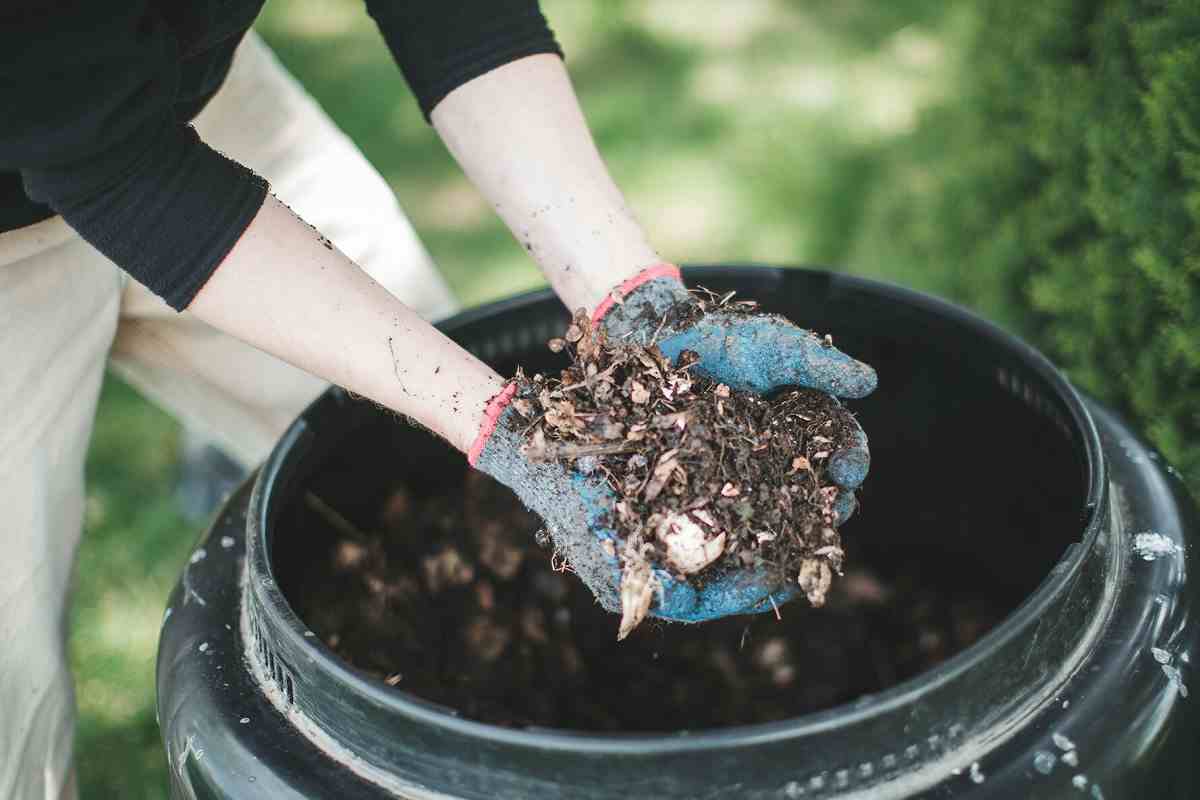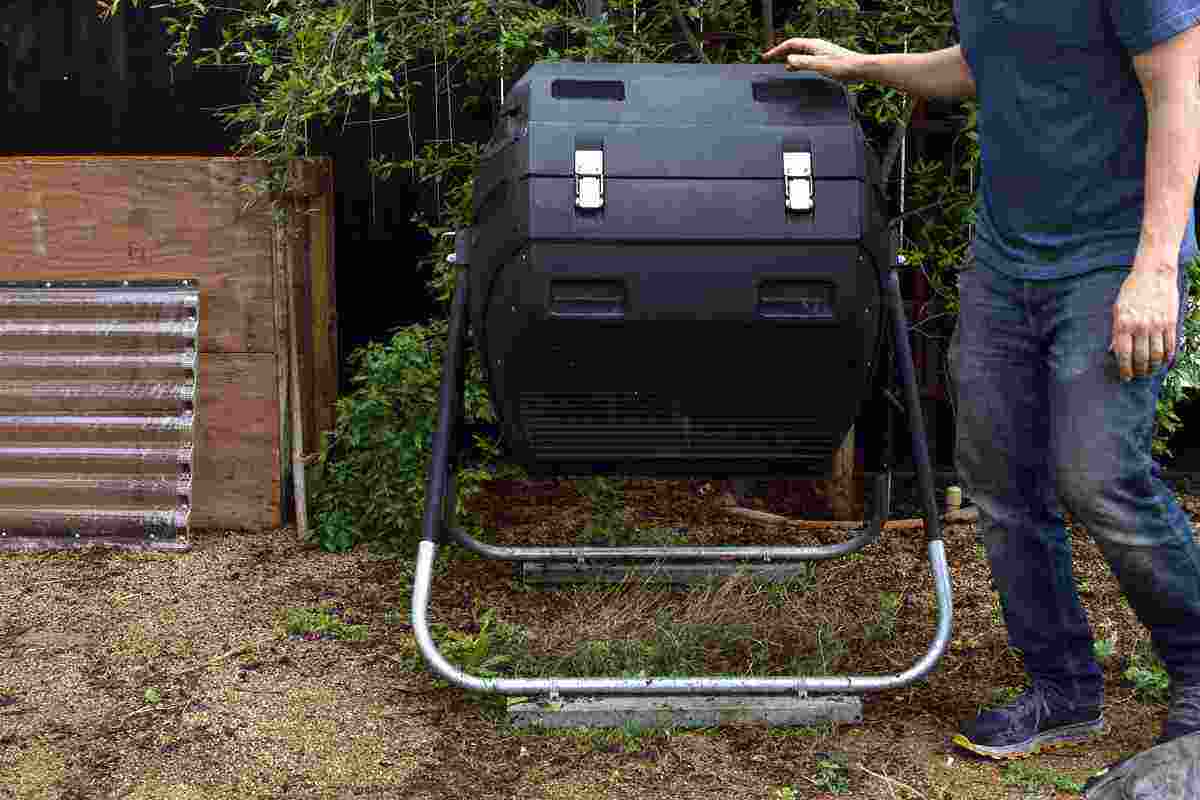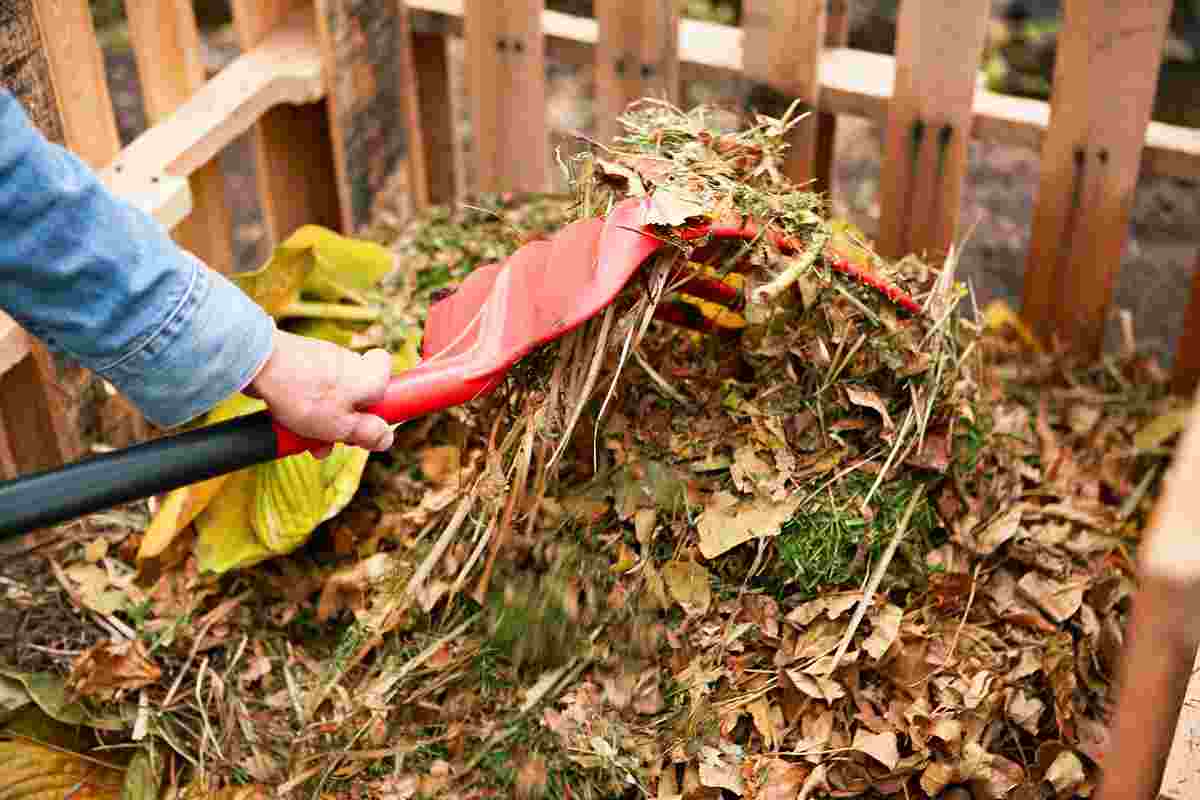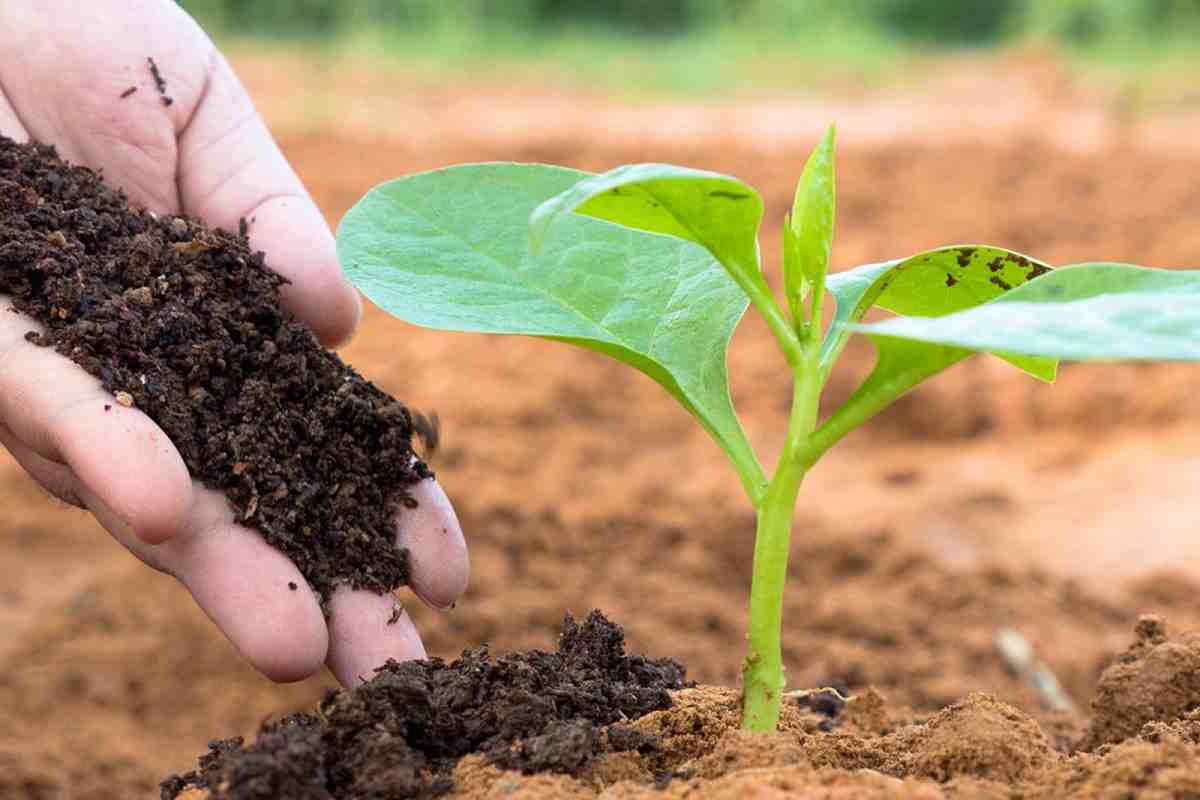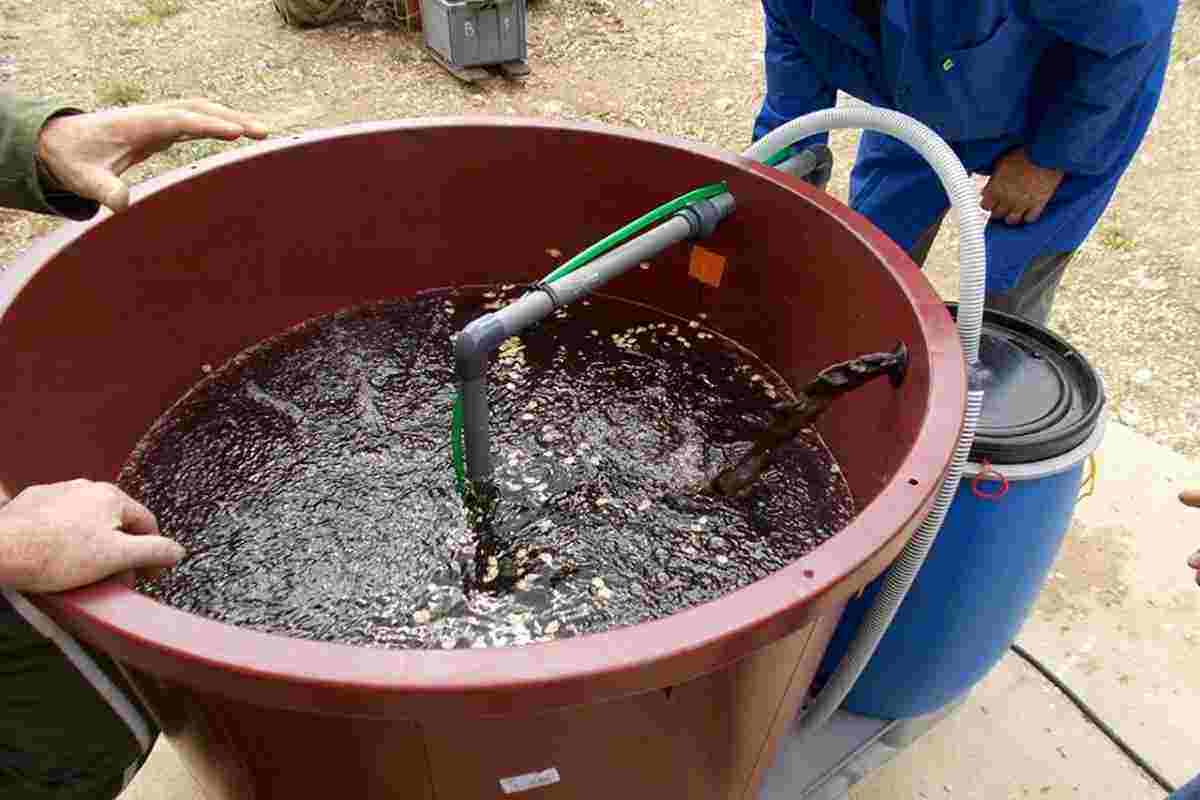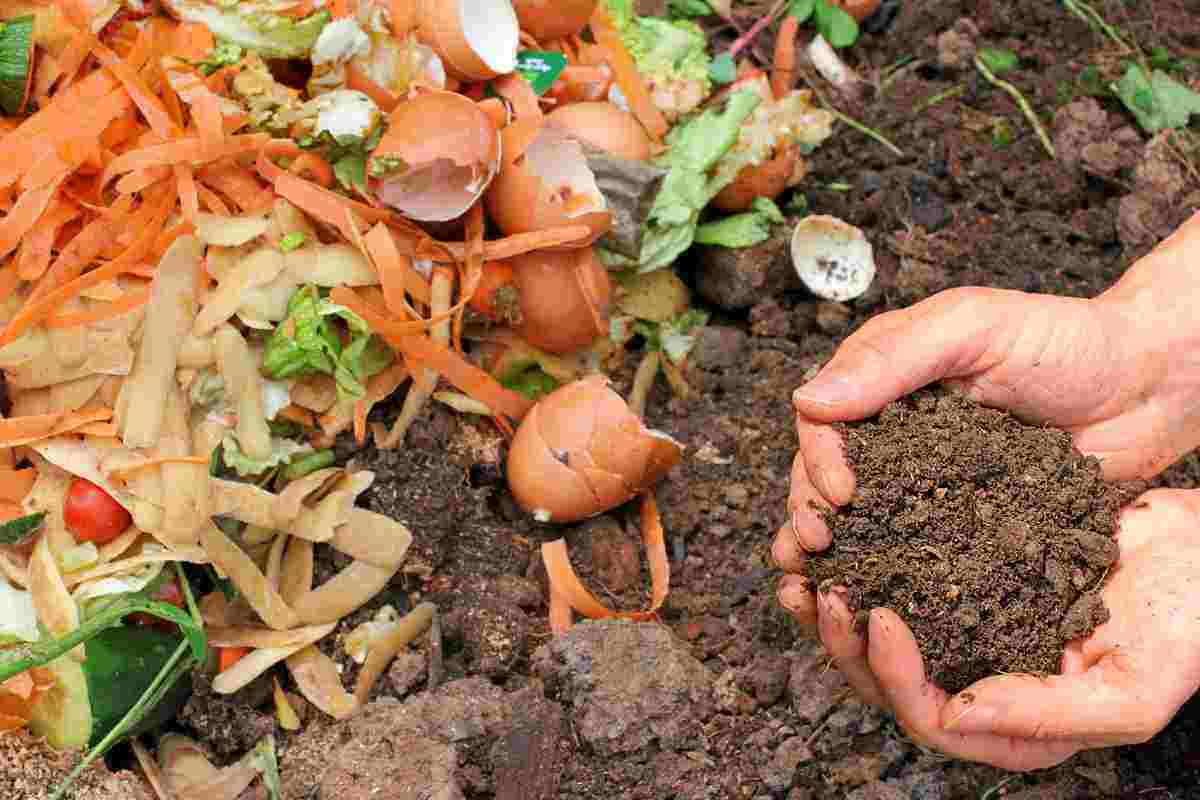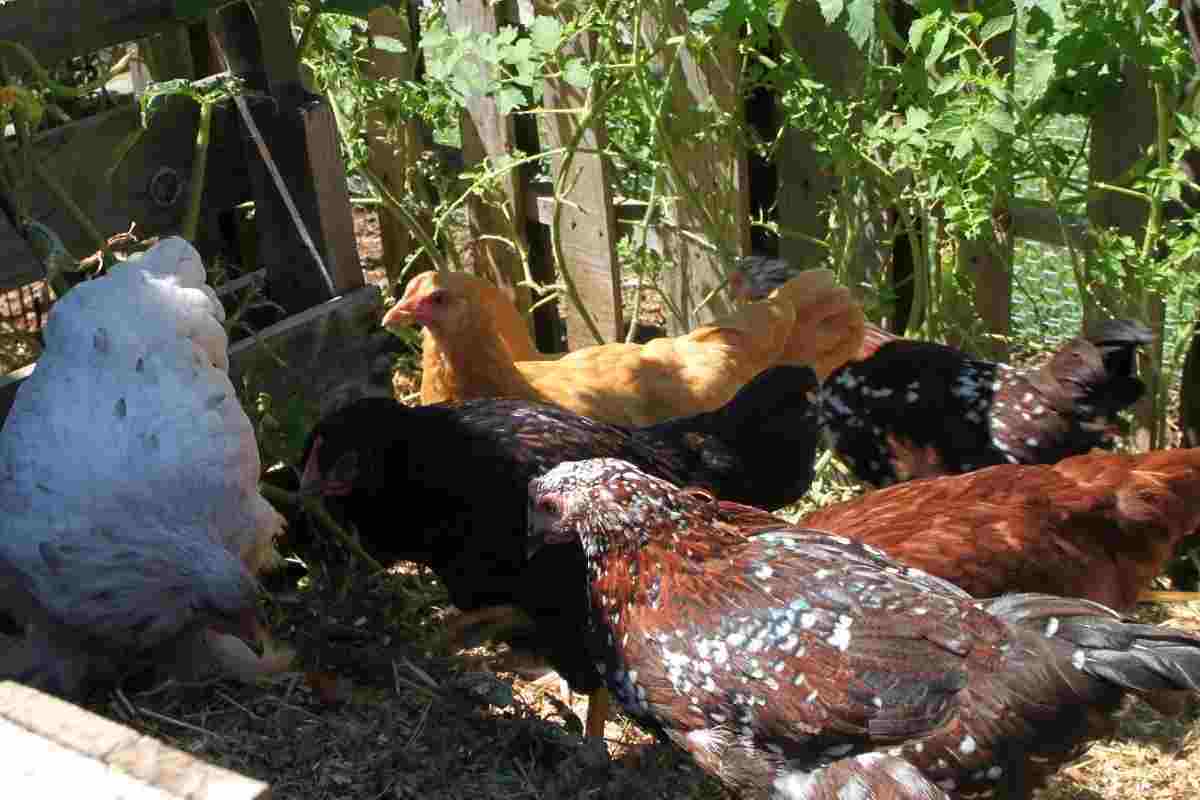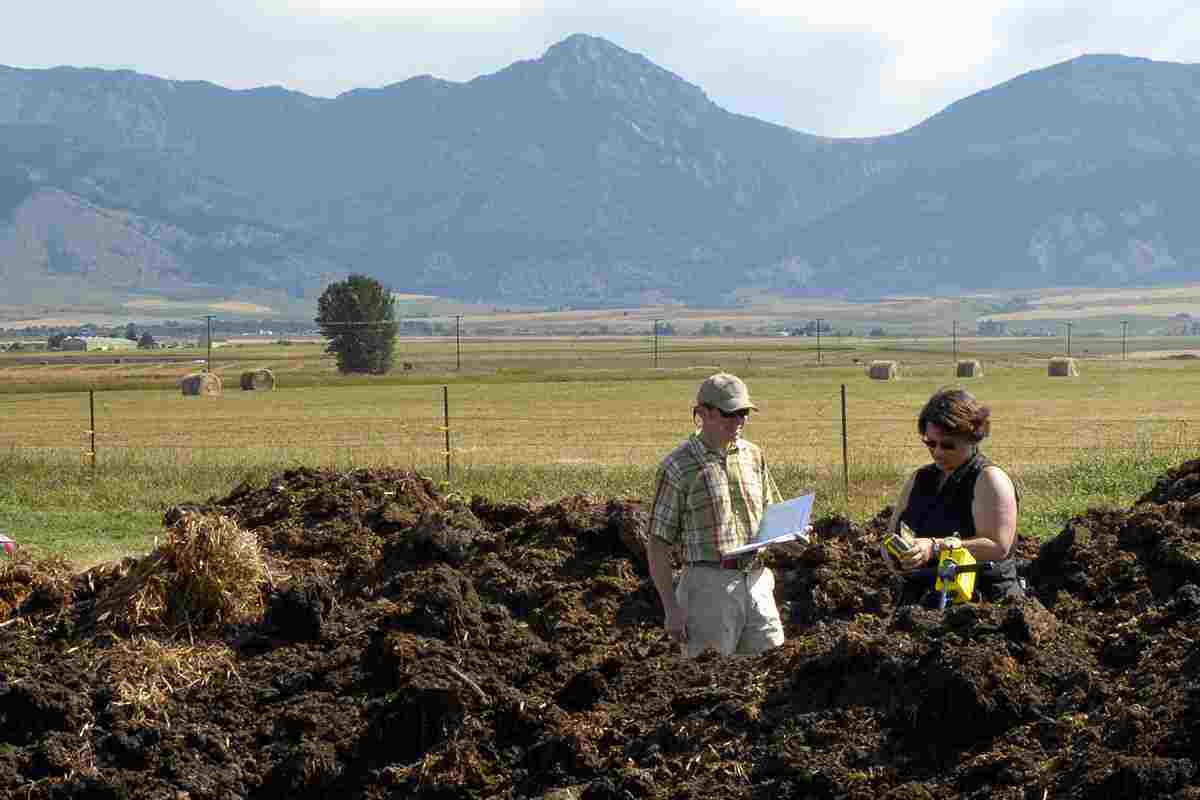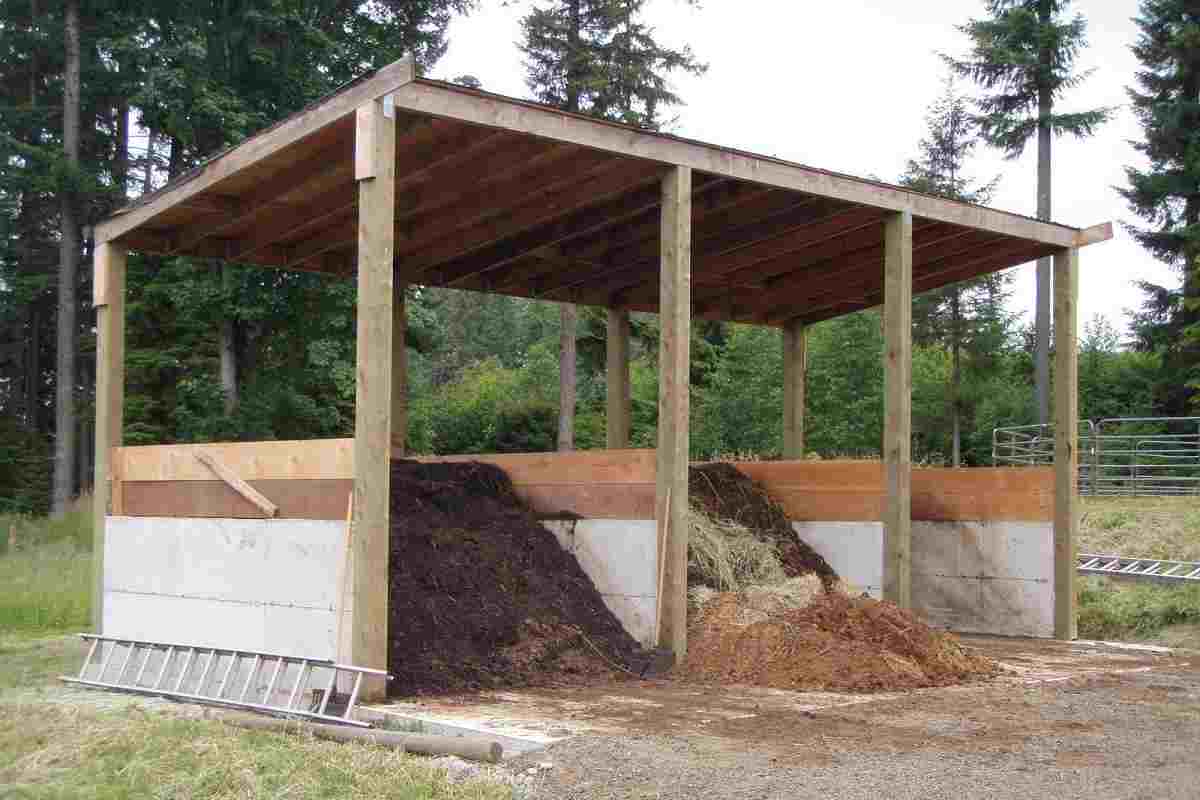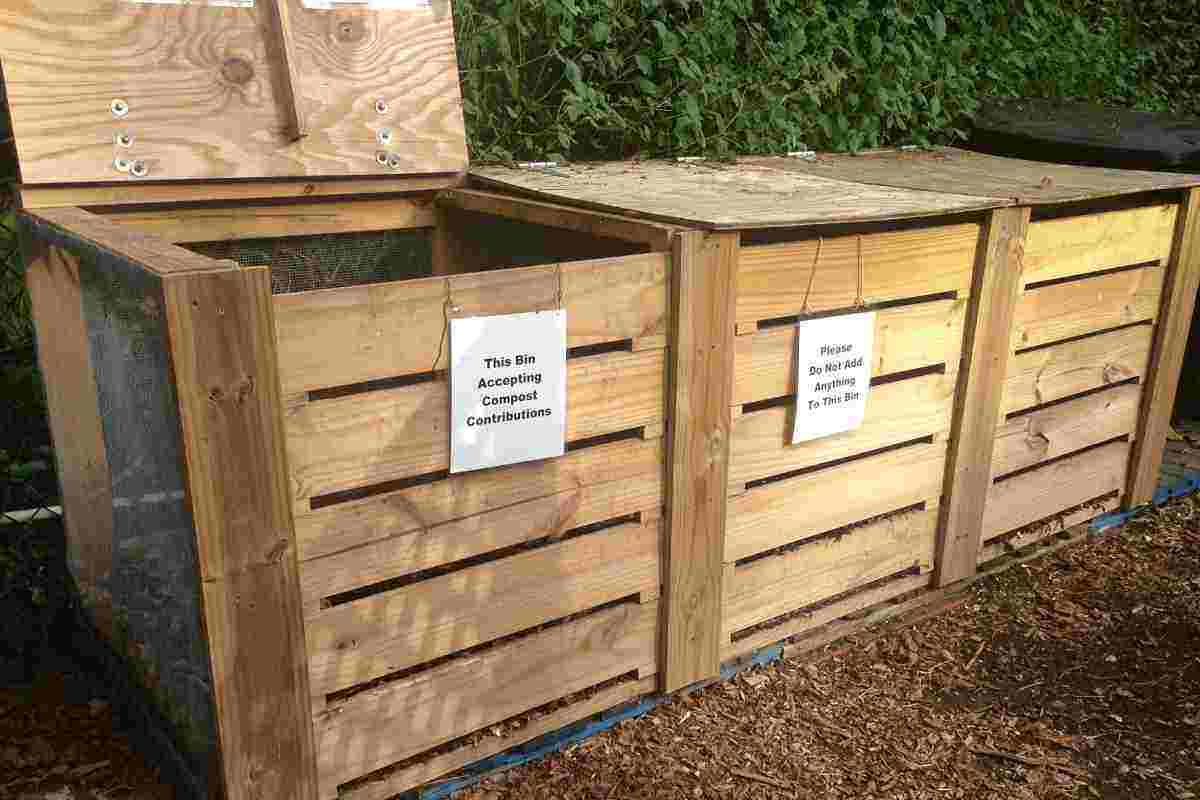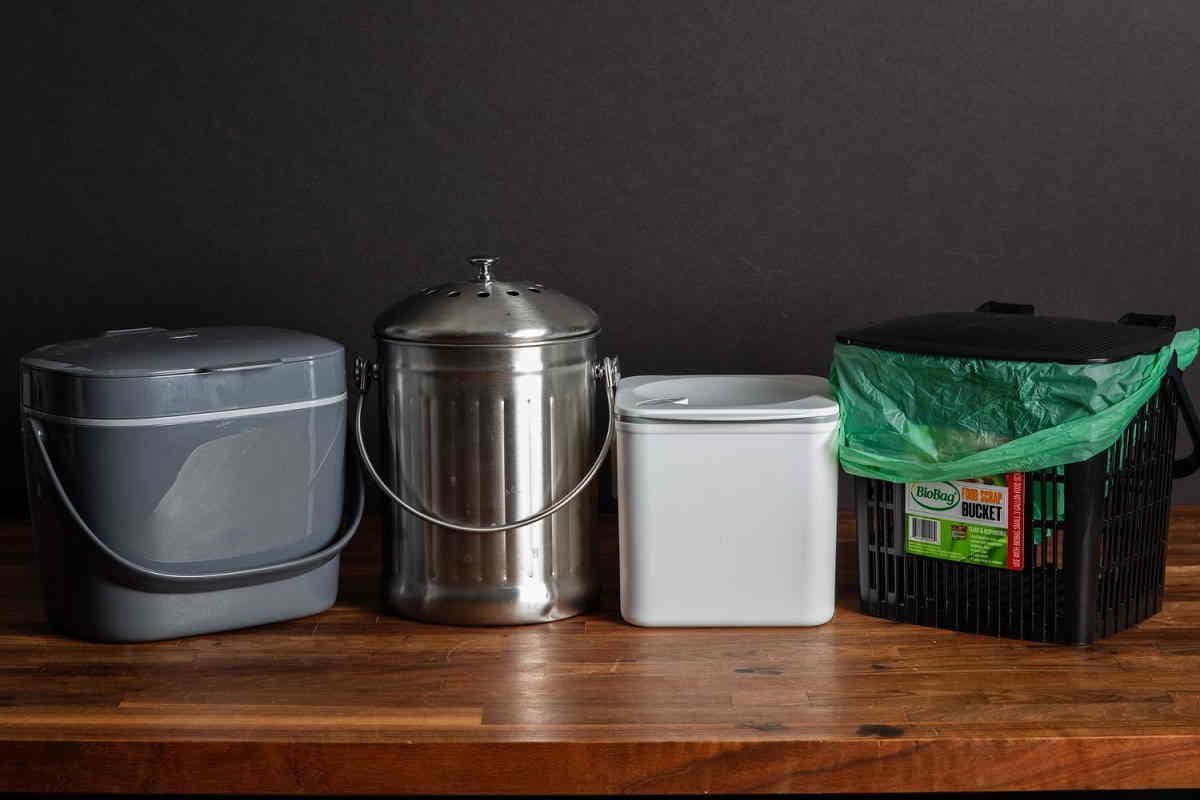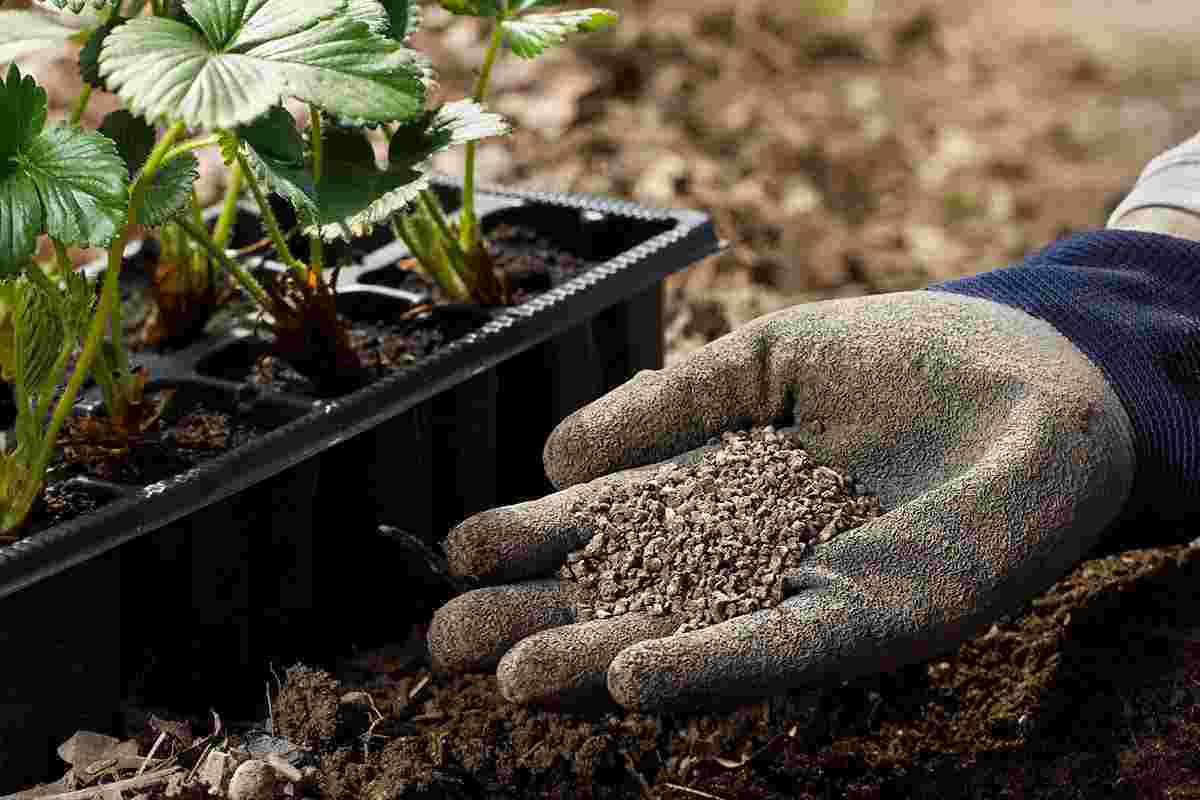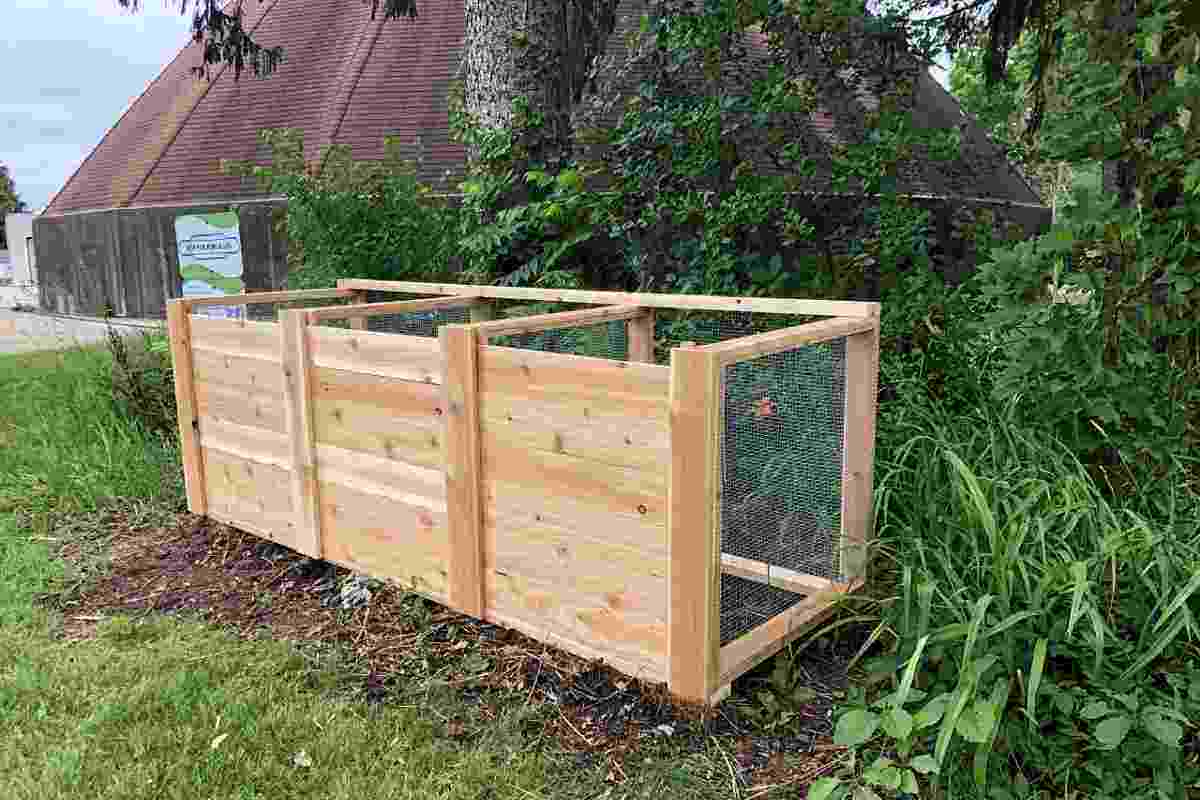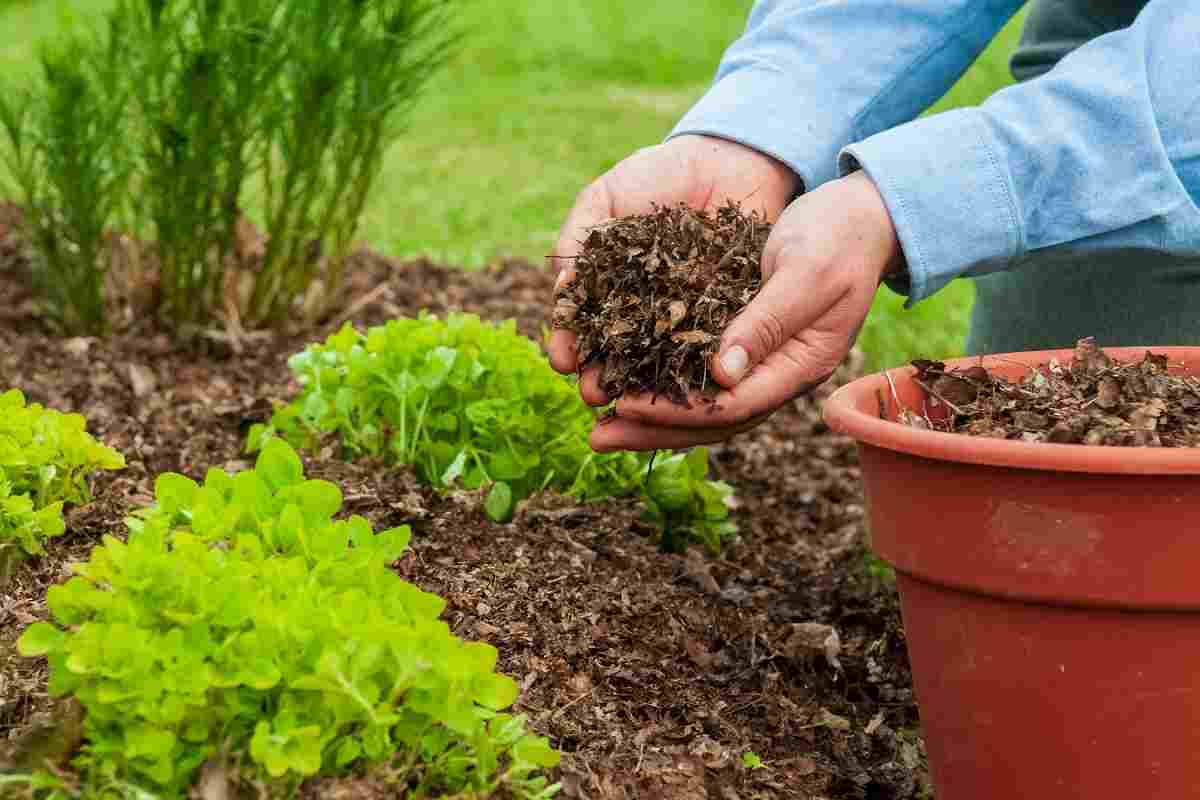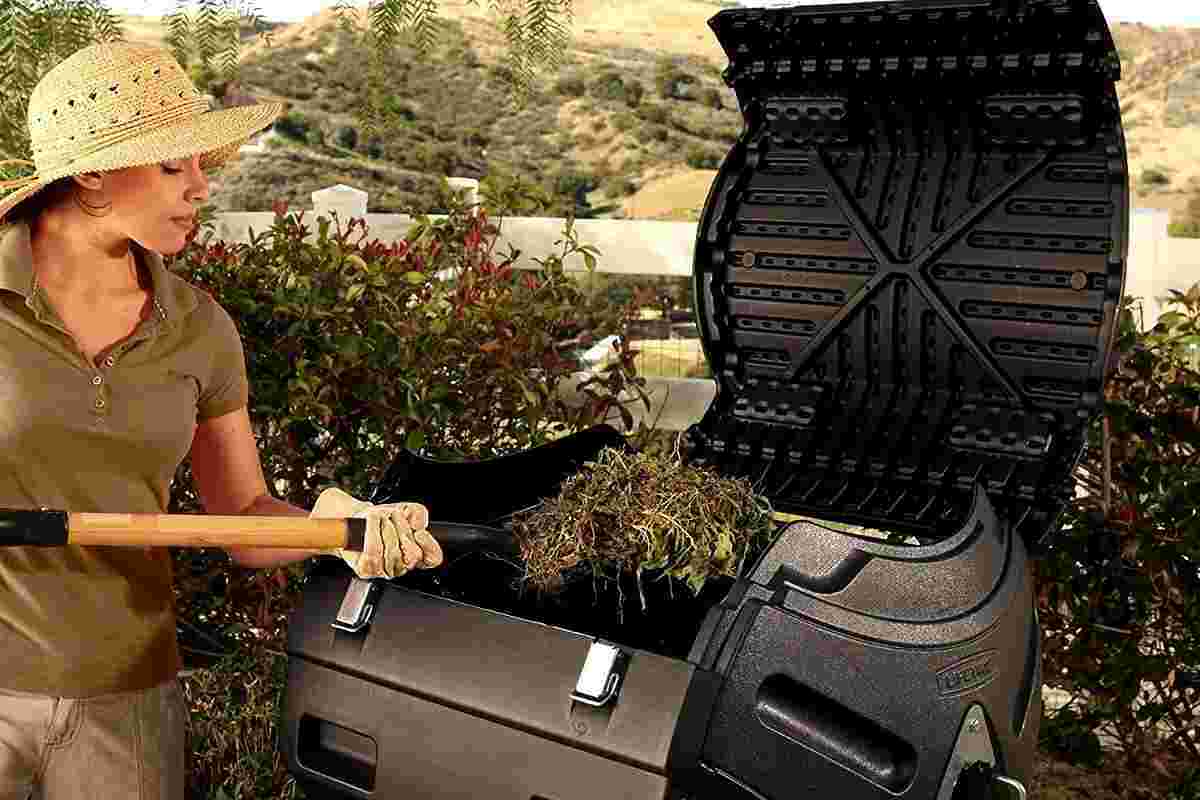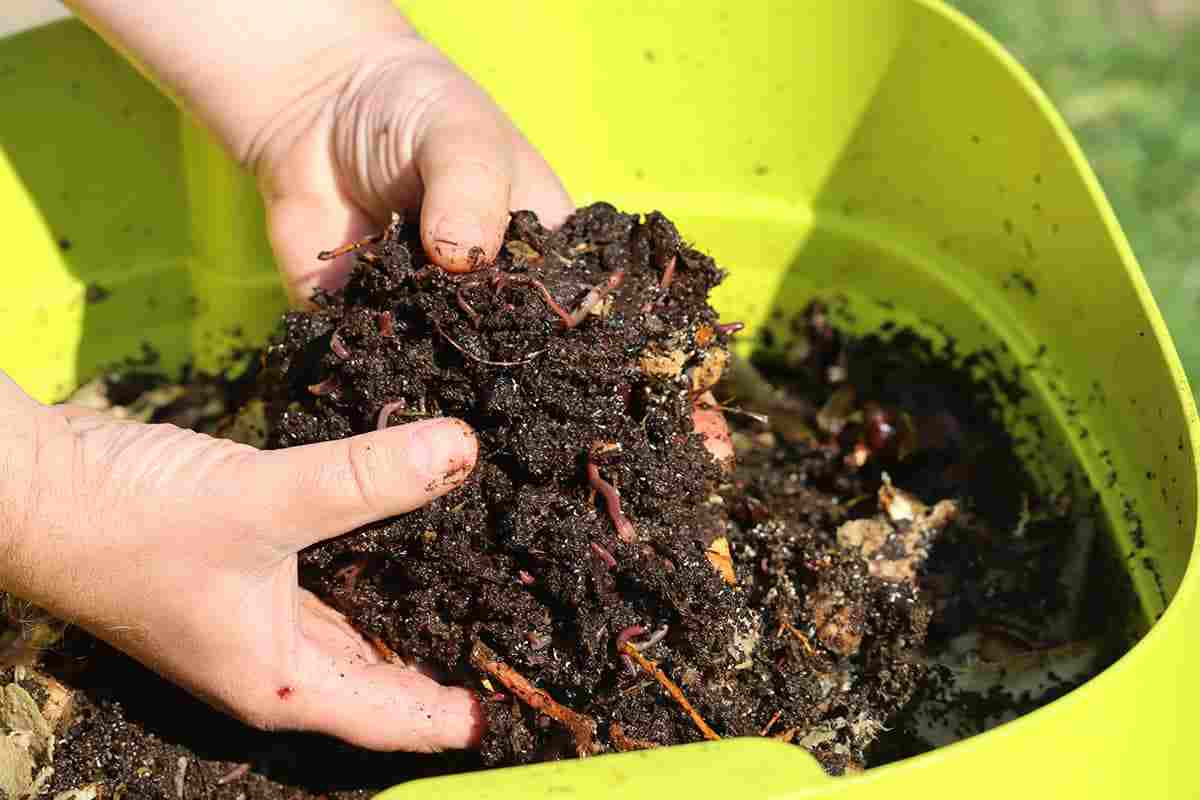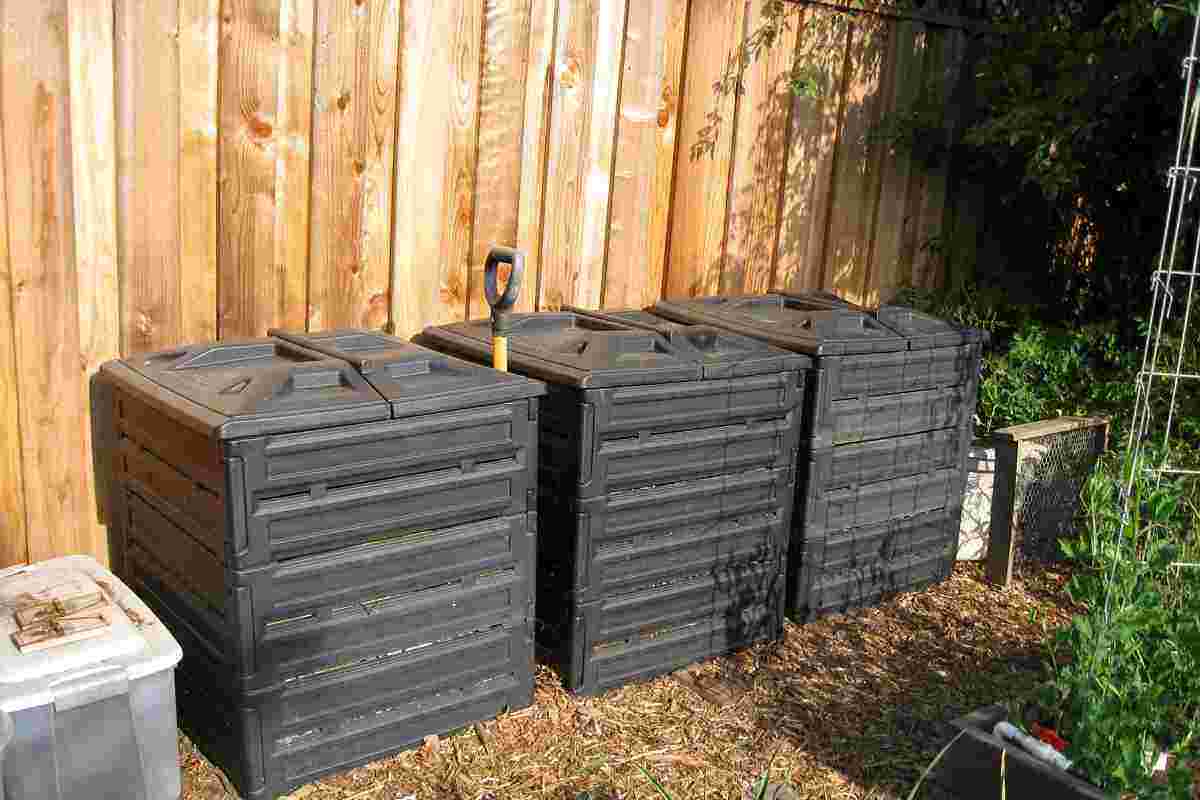Turning Wood Into Compost: How To Compost Wood Chips Fast?
Wood and chipped bark have an extremely slow rate of natural decomposition. Depending on the size of the chips, this can take several months. The chemically complex Lignin present in wood provides a physical barrier against enzymatic decomposition by bacteria and fungi. However, there are ways to speed up the process. Whether it is the occasional rotten fence post or sawdust and wood shavings, with the tips in this article, you will be able to compost wood in no time. So let’s dig right in.
The Natural Decomposition Of Wood
Wood is the most abundant organic matter present on earth. As such, the decomposition and decay of wood is an important aspect of the biogeochemical carbon cycle. Fungi are considered the first agents of wood decay. Common species such as wet rot fungus and jelly rot fungus are known for their role in assisting wood decomposition. These fungi help break down the tough lignin present in wood.
Other detritivores such as bacteria and invertebrates such as beetle larvae, woodlice and millipedes also play a critical role in the process.
In contrast to softer organic matter, the decomposition of wood is tougher and takes longer periods of time. Fungi and bacteria rapidly consume available nitrogen while decomposing wood, which upsets the nitrogen-carbon balance of the compost. This further slows down the decomposition processes and lowers the temperature of the compost heap below optimum temperatures. So, how to compost wood chips fast?

